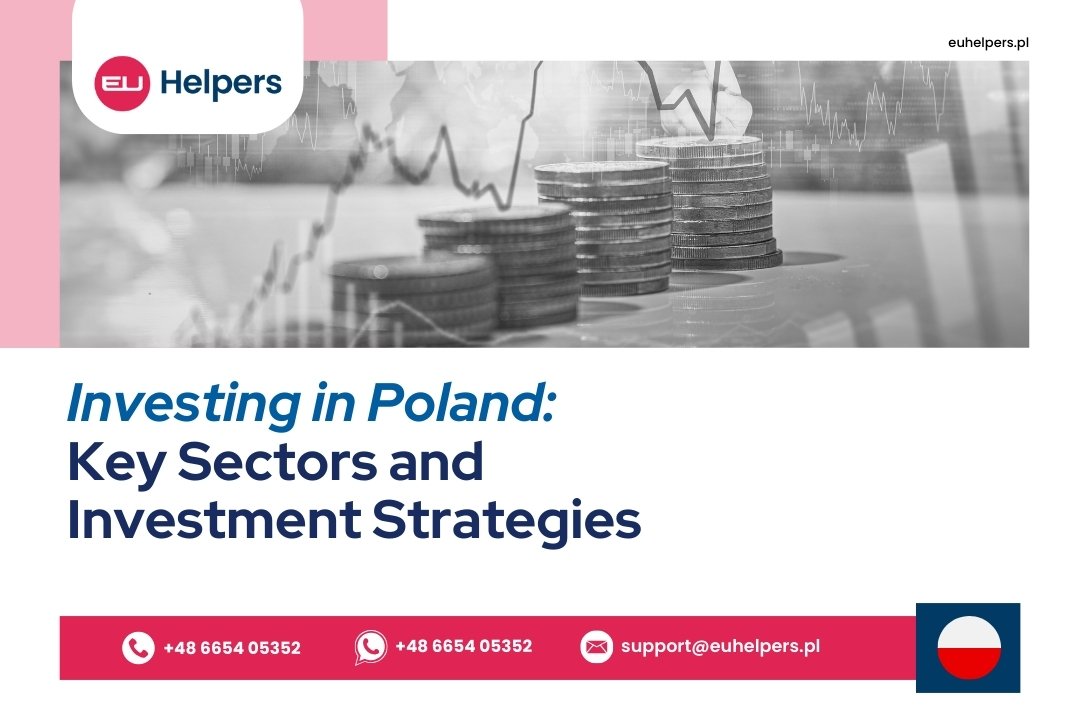Investing in Poland presents a myriad of opportunities across various sectors, fueled by the country's stable economy and strategic location within Europe. Understanding key sectors and devising effective investment strategies is crucial for success in this dynamic market.
1. Information Technology and Innovation:
Poland has emerged as a hub for IT services and innovation. Cities like Warsaw and Krakow are home to numerous tech start-ups and established companies. Investing in Polish IT offers access to a highly skilled workforce and a growing market for digital solutions.
2. Manufacturing and Automotive:
The manufacturing sector, particularly in automotive production, is a significant contributor to Poland's GDP. With a skilled labor force and competitive costs, investing in manufacturing facilities or supply chain components can be lucrative.
3. Renewable Energy:
Poland is actively transitioning towards renewable energy sources. Government incentives and a commitment to reducing carbon emissions create opportunities for investors in wind, solar, and biomass projects.
4. Real Estate and Infrastructure:
The construction and real estate sectors are experiencing robust growth. Infrastructure development, including road networks and urban projects, presents investment prospects. Cities like Warsaw offer potential in commercial and residential real estate.
5. Financial Services:
Poland's banking and financial services sector is well-established. With a growing middle class, there is increased demand for banking, insurance, and investment products, making this sector attractive to investors.
Investment Strategies:
1. Market Research:
Thorough market research is essential. Understand the regulatory environment, consumer behaviour, and potential competitors to make informed investment decisions.
2. Strategic Partnerships:
Establishing partnerships with local businesses can provide insights into the market, facilitate regulatory compliance, and enhance your market entry strategy.
3. Government Incentives:
Leverage government incentives for specific sectors, such as tax breaks or subsidies, to optimize your investment returns.
4. Cultural Understanding:
Being sensitive to local culture is crucial. Tailoring your products or services to meet local preferences enhances your market penetration and acceptance.
5. Risk Management:
Diversify your investments across sectors to mitigate risks. Stay informed about geopolitical and economic factors that may impact your investments.
6. Talent Acquisition:
Poland's educated workforce is a valuable asset. Invest in talent acquisition strategies to ensure access to skilled professionals.
7. Sustainable Investments:
Given the global focus on sustainability, consider incorporating environmentally friendly practices into your investment strategies, aligning with Poland's commitment to renewable energy.
Investing in Poland requires a comprehensive understanding of key sectors and a strategic approach. Whether it's tapping into the technology boom, exploring manufacturing opportunities, or participating in the renewable energy transition, the Polish market offers diverse investment possibilities. By combining diligent research, strategic partnerships, and a commitment to understanding the local culture, investors can navigate the landscape successfully, contributing to Poland's economic growth while securing their own financial prosperity.

